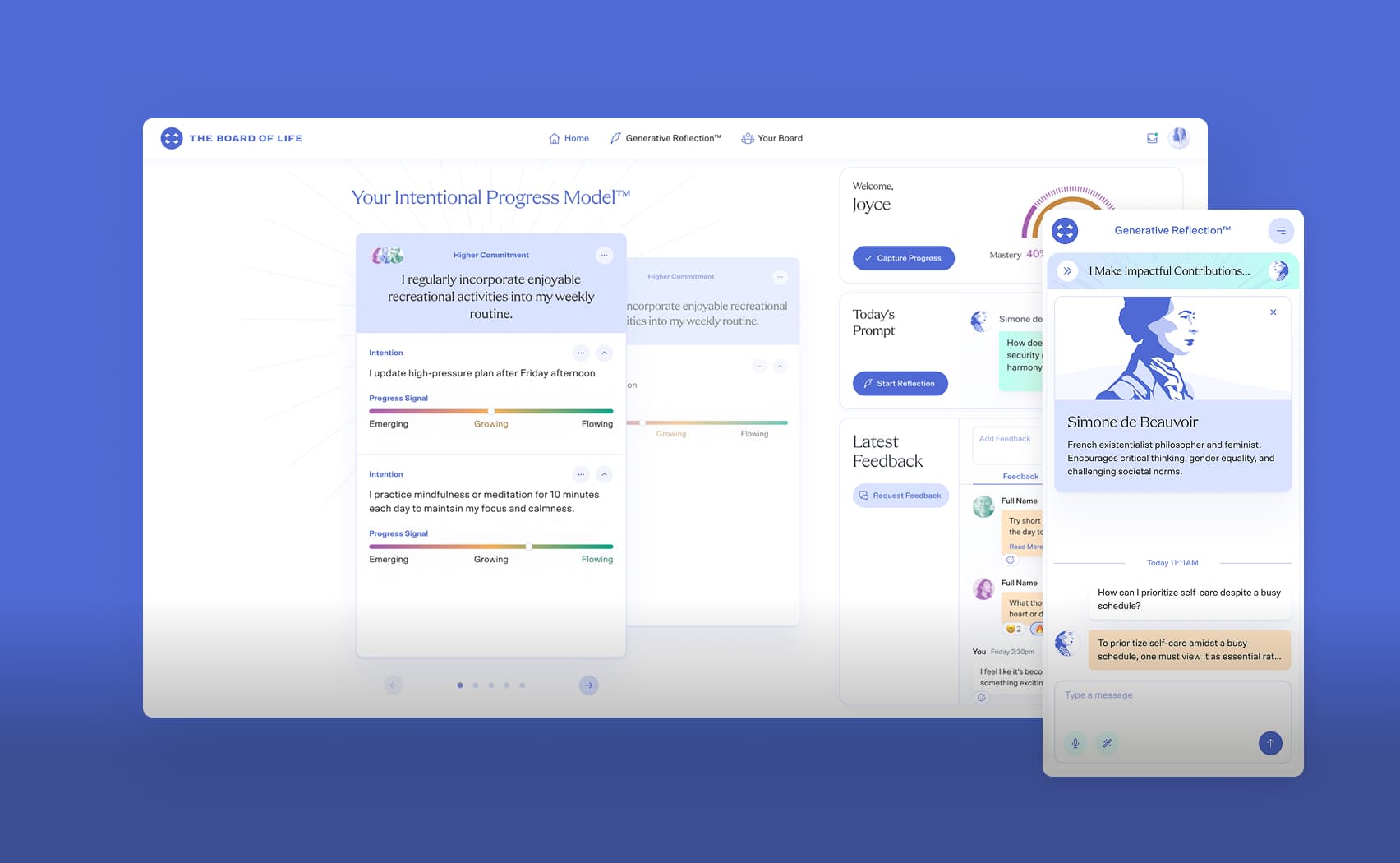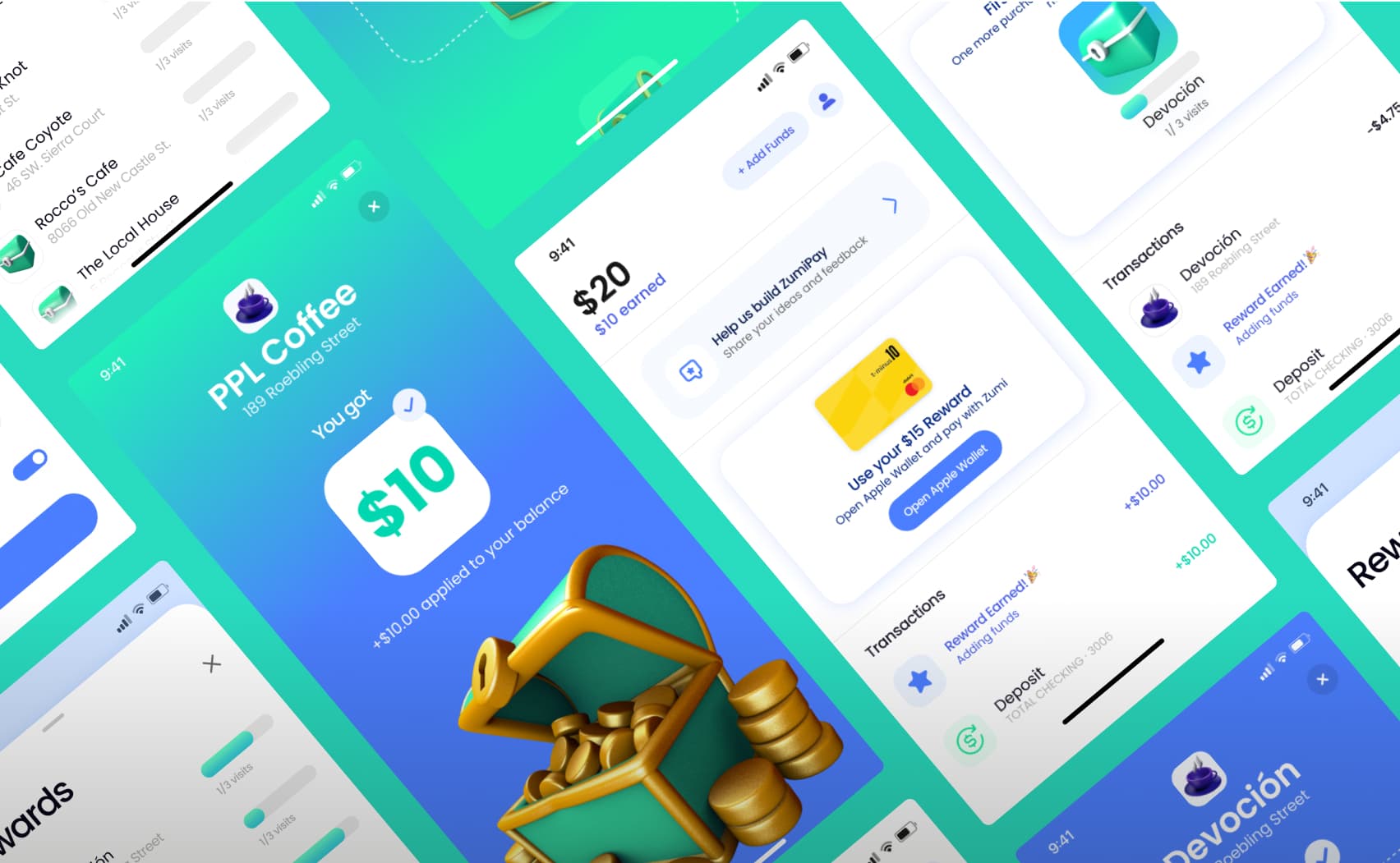A Non-Technical Founder's Guide to Building a Tech Startup: From Idea to Development
Thirty years ago, the landscape of tech startups was a different realm, where a strong technical background was not just an advantage, it was a necessity. Building a software application or platform was a complex endeavor, often out of reach for non-technical founders.
But the 90s are gone, taking clunky tech and convoluted development processes with them. Today, anyone with a good idea can overcome technical barriers, decode tech jargon, and build a successful tech startup, regardless of their background.
More effective development patterns, versatile funding options, and better infrastructure have all made it easier for non-tech founders to get into the startup game. But it is still important to bridge the gap between non-tech founders and the tech experts whom they work with.
In this article, we’ll cover the steps you should take before development.
Here are the main steps to consider before development begins:
- Understanding your target market
- Building the right team
- Establishing a technical roadmap
- Securing funding
Understanding your target market and identifying problems
Having an idea for a startup isn’t just about what you will sell. It is also about who will buy it.
Before anyone writes a single line of code, you should conduct detailed market research to identify pain points and opportunities. You want to find out exactly what problems people have that they will pay you to solve.
This involves defining your target audience and understanding their needs. A detailed plan will even create exact mockups and stories for each type of customer you expect to have. Our technical audit program helps founders with this.
Finally, using your plan, you can validate your idea through market feedback and customer insights. This involves building a (minimal viable product) MVP to test your product.
Sometimes, the MVP fails. Time to move on to a new idea. But that’s ok! Better to know now that your plan won’t work, rather than after a year of hard work. And sometimes it just takes a little tweak to get different results.
Building the Right Team
This step is all about assessing your own strengths and weaknesses. As a non-technical founder, understanding where your expertise lies and where you need technical assistance is crucial.
You will need to identify the key roles and skills your team needs. At the very least, you, as founder, will be CEO, and you will also need a CTO, or chief technical officer. The CTO is responsible for several important tasks, including:
- Overseeing development
- Selecting the technical members of your team
- Providing technical expertise
Navigating these waters as a non-tech founder can be challenging. For more insights, delve into this account of the journey of a non-technical founder. You may recruit your team from a variety of sources, including job boards, LinkedIn, or word of mouth.
Another option is to take advantage of a fractional CTO program. In this scenario, a part-time CTO is hired out to you until your startup grows to a more advanced stage.
The advantage of this approach is that you get guaranteed skills and years of experience without having to do any vetting yourself and without having to make serious long-term commitments.
Establishing a Technical Roadmap
It’s essential to have a clear, realistic roadmap for your development process. But you also need to figure out scalability and flexibility in your plans.
Development frequently goes off track and runs into unexpected problems. Expect to change direction multiple times during a project. Part of this adaptability stems from choosing the right software architecture for your MVP. Learn more about demystifying software architecture and making the right choices for your MVP.
Fortunately, you can collaborate with your technical team members to outline your product roadmap. Veteran developers will have experience with the pitfalls of development. If you're just starting out as a non-tech founder and feel overwhelmed, reading this guide to product roadmaps can offer a clearer perspective on the process.
There are also modern development frameworks, such as Agile and Scrum, that emphasize iteration and flexibility over fixed goals. By following one of these frameworks, you will have a better chance of navigating the development process safely.
Securing funding for your tech startup
Securing funding for your tech startup is crucial. Thankfully, there are several avenues to explore:
- Bootstrapping or Self-Funding: This approach involves using personal financial resources to fund your startup. It's ideal for founders who prefer full control over their business without external interference. Bootstrapping means relying on your savings, revenue from the business, and personal effort. It's a test of your commitment and can be rewarding, as it allows for organic growth and complete ownership.
- Crowdfunding Platforms: Platforms like Kickstarter and Indiegogo enable you to present your idea to a vast audience. Crowdfunding is a way to gauge public interest and raise funds from numerous small investors. This method can also serve as a marketing tool, helping you build a community of supporters who are invested in your product's success.
- Angel Investors: These are affluent individuals who offer capital in exchange for equity or convertible debt. Angel investors not only bring funds but also valuable mentorship, industry connections, and business acumen. They are particularly beneficial in the early stages of a startup, offering support when other investors might be hesitant.
- Venture Capital Firms: Venture capital is a form of private equity provided by firms to startups with high growth potential. These firms evaluate a company's potential success before investing large sums of money. Venture capital is crucial for startups needing substantial funding to scale operations, develop products, or enter new markets. In return, venture capitalists typically require equity and a say in company decisions.
For a deeper dive into funding strategies specifically tailored for non-technical founders, including insights on navigating these options, check out our detailed guide here.
Remember, regardless of the route, a compelling pitch and solid business plan are key. Highlight what sets your startup apart and its market potential to attract the right investors.
Getting to development is half the battle
As you can see, there is a lot that you need to do before development starts.
This is actually encouraging if you are a non-tech founder. It means that a huge part of running a tech startup is not technical at all. Rather, it depends on other skills, such as managing people and planning.
In the next part of this series, we’ll explore how non-tech founders can handle the development side of the story. Being a non-technical founder in the tech industry may seem challenging, but with the right steps and understanding, success is attainable.



